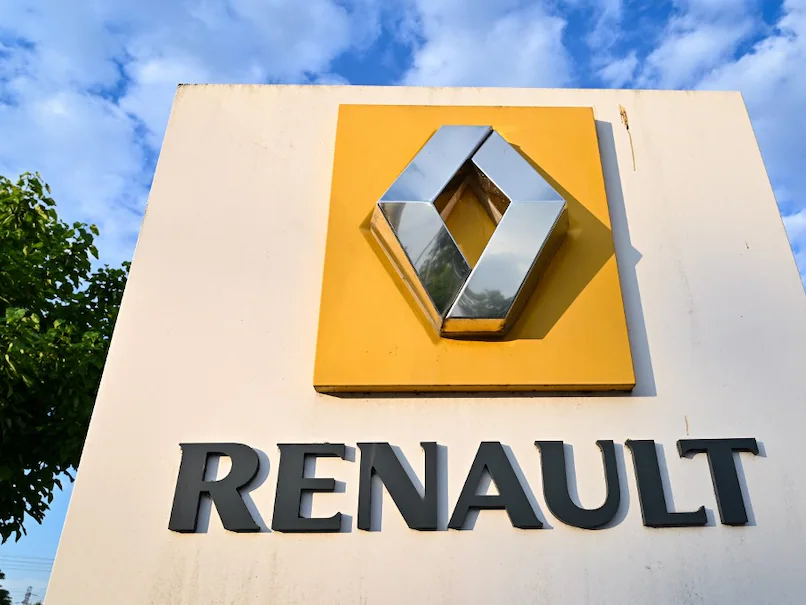In a move that has sent shockwaves through the Formula One community, Renault has announced its departure from F1 engine production by 2026. This decision marks the end of an era for the French automotive giant, which has been an integral part of the sport for nearly five decades. As we bid farewell to the iconic Renault power units, let’s dive into the implications of this strategic shift and what it means for the future of both Renault and Formula One.

The End of an Era: Renault’s F1 Legacy
Renault’s journey in Formula One has been nothing short of legendary. Since their entry in 1977, they’ve been at the forefront of innovation, introducing the game-changing turbo engine that revolutionized the sport. With five drivers’ championships and six constructors’ titles under their belt, Renault’s impact on F1 is indelible. From Fernando Alonso’s triumphant title wins to their fruitful partnership with Red Bull Racing, Renault engines have powered some of the most thrilling moments in F1 history.
Alpine’s New Chapter: Embracing Mercedes Power
As Renault steps away from engine production, their F1 team, Alpine, is gearing up for an exciting new chapter. Starting in 2026, Alpine will be powered by Mercedes engines, a move that could potentially boost their competitiveness on the grid. This partnership with one of the most dominant engine manufacturers in recent F1 history opens up new possibilities for Alpine to challenge for podiums and victories.
Viry-Chatillon: From F1 Powerhouse to Future Tech Hub
The legendary Viry-Chatillon facility, once the beating heart of Renault’s F1 engine production, is set for a transformative journey. Post-2025, this iconic site will evolve into a cutting-edge engineering center, focusing on the development of future Renault and Alpine road cars. This shift signifies Renault’s commitment to pushing the boundaries of automotive technology beyond the racetrack.
Renault’s Vision: Embracing a Sustainable Future
Renault’s decision to exit F1 engine production is not a retreat but a strategic pivot towards the future of mobility. By redirecting its resources and expertise towards electrification and sustainable technologies, Renault aims to position itself as a leader in the rapidly evolving automotive landscape. This bold move demonstrates Renault’s commitment to innovation and adaptability in the face of changing industry demands.
The Ripple Effect on Formula One
Renault’s departure from F1 engine production will reshape the sport’s power dynamics. As the grid adjusts to one fewer engine suppliers, it opens up new opportunities for existing manufacturers and potentially paves the way for new entrants. This shift could lead to interesting alliances and technological advancements as teams vie for competitive edges.
As we approach 2026, the motorsport world watches with bated breath. Renault’s exit from F1 engine production marks not just the end of an era but the beginning of an exciting new chapter in automotive innovation. While fans may feel a twinge of nostalgia, there’s no denying the thrill of what lies ahead – both for Renault’s future endeavors and the ever-evolving world of Formula One.
Stay tuned as we continue to follow this developing story and its impact on the future of motorsports and automotive technology.
